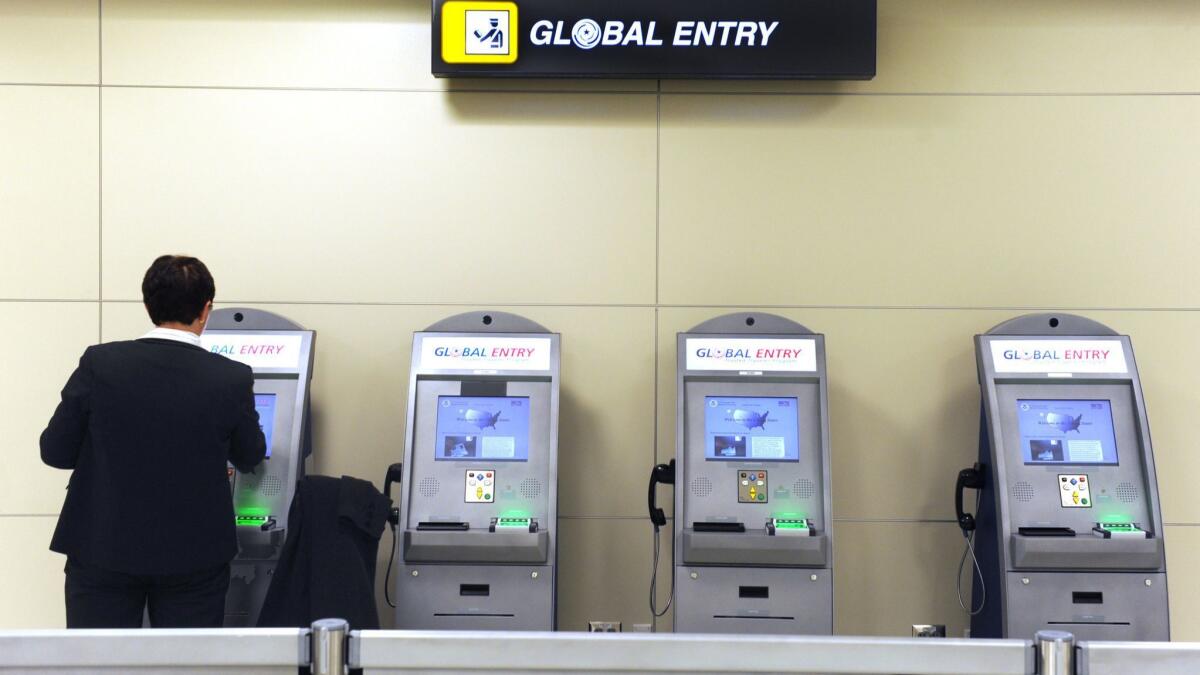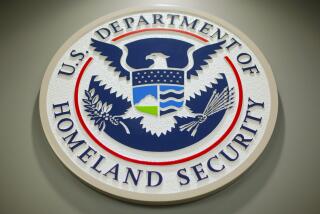If you fib to the feds and get caught, as this couple did, you probably aren’t going to become a Trusted Traveler

Cuba sings a siren song for those who long to see it before it’s spoiled. These days, it’s easier to travel there than it was in, say, 2014.
The Treasury Department regulations you must comply with today are less onerous than in times past, but these days, you still can’t go to Cuba for the fun of it. At least, not legally.
You couldn’t spend your days lolling on the beach in 2014, either, unless you decided to skip the legalities and fly to Cuba without the license the Treasury Department required. Some Americans did that, flying through Mexico or other nations to reach the communist country in the Caribbean.
Some made sure their passport wasn’t stamped, and if they didn’t get caught — some did and paid a steep price, but many did not — they could cross Cuba off their travel bucket list.
But at least one couple recently paid the price, thanks to the law of unintended consequences.
This couple, who fly in and out of the U.S. fairly often, decided to apply for Global Entry, the Trusted Traveler program from Customs and Border Protection.
Global Entry allows you to speed through customs when you return from abroad. As a bonus, you also get PreCheck, the Transportation Security Administration’s fast-through-airport-security program that lets you keep on your belt, shoes and jacket.. Global Entry costs $100 for five years.
You must apply, which means you’ll undergo “a thorough background check against criminal, law enforcement, Customs, Immigration, Agriculture, and terrorist indices to include biometric fingerprint checks, and a personal interview with a CBP officer,” CBP said in an email.
The couple in question made it to the interview process. She had asked Cuban authorities not to stamp her passport, but her husband’s passport got stamped.
At the joint interview, the officer asked whether they had been to any other countries besides the ones they had listed, and the husband, whom she described as relentlessly honest, said that yes, they had been to Cuba.
The interview, the wife said, was immediately “terminated.”
Would they ever be able to get Global Entry?
Customs and Border Protection did say this in an email:
You may not get Global Entry if you “provide false or incomplete information on the application; have been convicted of any criminal offense or have pending criminal charges to include outstanding warrants; have been found in violation of any Customs, Immigration or Agriculture regulations or laws in any country; are subjects of an investigation by any federal, state, or local law enforcement agency; are inadmissible to the United States under immigration regulation, including applicants with approved waivers of inadmissibility or parole documentation; or [they] cannot satisfy CBP of their low-risk status or meet other program requirements.”
We don’t know for sure which of these tripped up this couple. CBP said it would look it up if the couple would provide their names and dates of birth. They declined.
If I were a betting woman, I’d put my money on “incomplete information.” It’s unclear whether CBP knew the husband had been to Cuba and was just waiting for him to come clean or whether it was a lucky guess, but whatever it was, the agency got a twofer: He outed himself and took his wife down with him.
Since the ill-starred interview, the wife said she had failed to get PreCheck, and she wondered during our interview whether she is now on a list of some sort. Maybe, maybe not. Her husband flew a few days later and he did get it.
We won’t know whether the agencies share that kind of information, because TSA did not respond to requests for comment on the matter.
Besides the annoyance of not knowing whether the government is whispering about you behind your back, if Global Entry rejects you, you don’t get back your $100 application fee. You’re 0 for 2 on this — no Trusted Traveler, no refund.
We might suggest Mobile Passport. The app’s home page says you will “breeze through Customs” at 25 airports (LAX is one of them) and two cruise ports. It’s available for iOS and on Google Play.
When you set up your profile, it notes, “Your information will be encrypted and shared only with CBP.”
The upside: The app is free. You won’t lose your money, although if you’re rejected, your pride may take a hit.
The bottom line is this: The federal government takes a dim view of those who skirt its regulations. Not getting Global Entry is a small punishment. As CBP said, “Note that being denied Global Entry membership does not prohibit individuals from being able to travel.”
Now that would be real punishment.
Have a question or dilemma? Write to travel@latimes.com. We regret we cannot answer every inquiry.
More to Read
Sign up for The Wild
We’ll help you find the best places to hike, bike and run, as well as the perfect silent spots for meditation and yoga.
You may occasionally receive promotional content from the Los Angeles Times.







